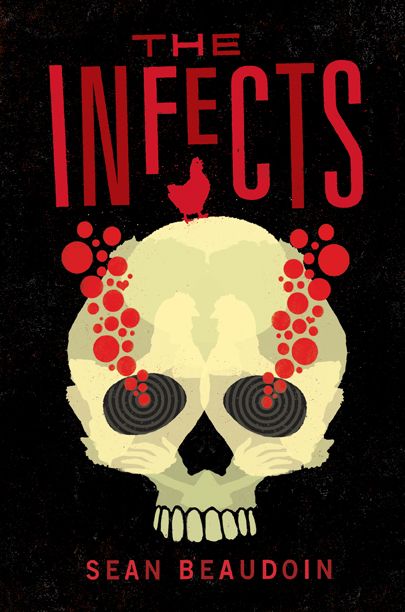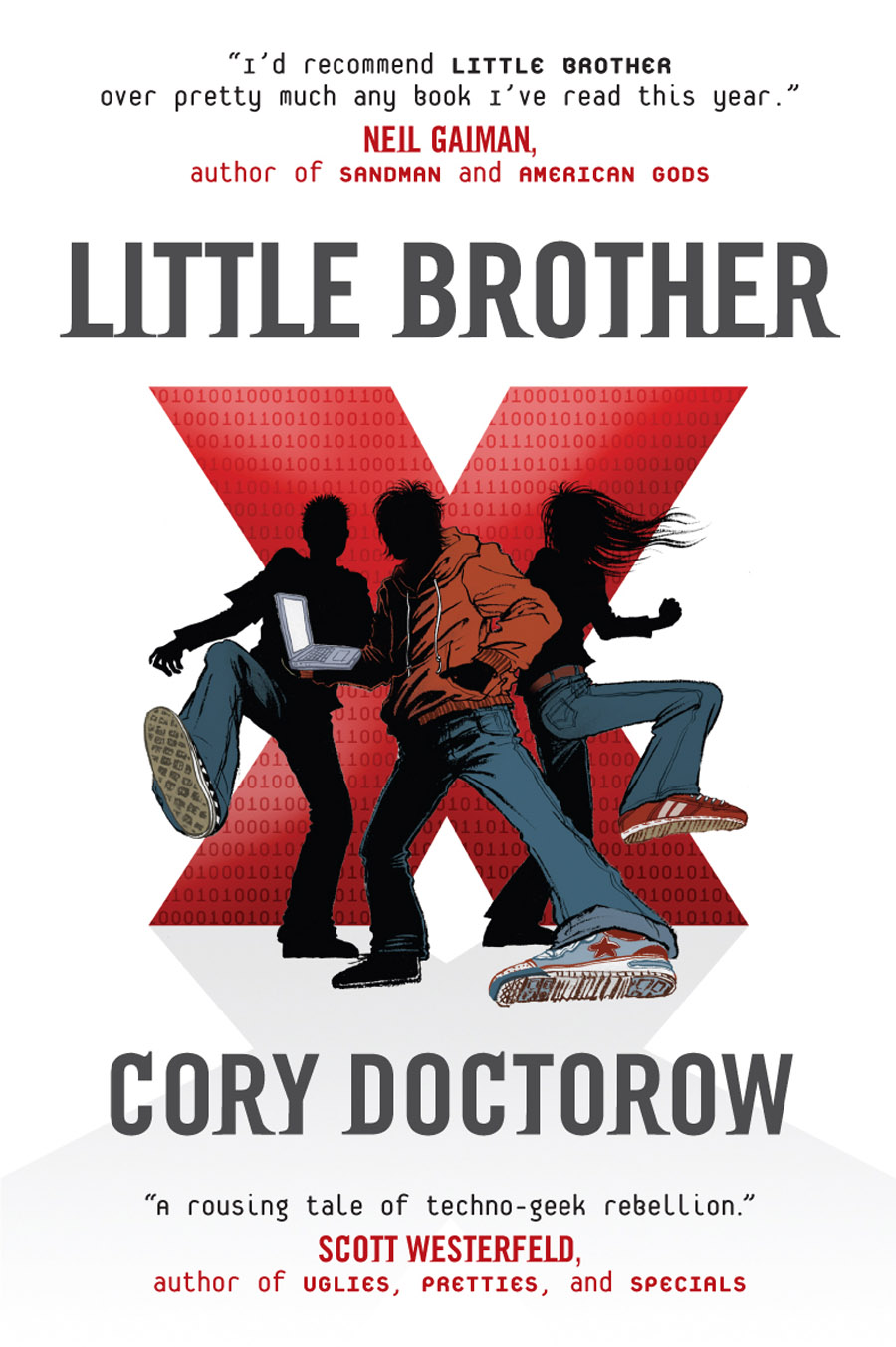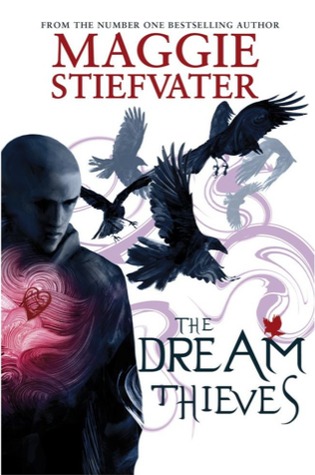Joel has always only wanted one thing: to be a Rithmatist, one who can animate chalk drawings, and defend against the Wild Chalklings at Nebrask. Rithmatists are revered in society, given the best education, offered compensation beyond his imagining, but this isn't his motivation. Joel is motivated by true interest and curiosity, something he inherited from his father.
One of the reasons Joel was not chosen to be a Rithmatist was due to the tragic, and untimely, death of his father. At the age of 8, all children are brought before the Master and tested. Too busy at his father's sick bed, Joel missed his inception ceremony, and ended up having a makeshift one months later, after all the ones for the year had already been chosen. This didn't prevent him from learning all he could about anything and everything Rithmatic. He even stole into the Rithmatic classrooms whenever he could to listen in on lectures. The Headmaster of Armedius Academy generously donated Joel's tuition after his father's passing, hoping it would encourage him to make something of himself.
Disappointed by the lack of stimulating material in the "normal" classes, Joel proves to be less than a model student. His punishment? He's assigned to be Professor Fitch's research assistant for the summer term. This is Joel's ideal consequence, as this means he gets to work with a Rithmatist scholar! Unfortunately, it is due to Fitch's demotion. Challenged to a duel by the newest teacher, Nalizar, (recently returned from the front at Nebrask) Fitch is flustered, and fails to defend his position. As dictated by school code, Nalizar takes over Fitch's classes...much to the dismay of a large portion of the faculty. Their summer project, in addition to tutoring Melody (a student in serious need of both remedial drawing help, and a friend), is to find the culprit kidnapping Rithmatic students.
Each scene has included a mark unknown to either Fitch or Joel, and they are unsure if it is Rithmatic in nature. There is evidence of a struggle, and small amounts of blood...it almost seems as though Wild Chalklings have made their way onto campus, but how could that be? Together with the police, they begin to get a clearer picture of who it could be. Joel suspects Nalizar. The third crime scene holds valuable clues, including a drawing of the suspect. Can Joel and Fitch (and Melody) discover the meaning of this new symbol, and discover the mystery of the kidnapped children before it's too late?
*Library Link*
The Rithmatist, Book 2 is scheduled for publication in 2015.
Steelheart by Brandon Sanderson
Stormdancer by Jay Kristoff (Lotus War, Book 1)
Seraphina by Rachel Hartman
Sanderson, Brandon, & McSweeney, Ben. (2013). The Rithmatist. New York : Tor.
One of the reasons Joel was not chosen to be a Rithmatist was due to the tragic, and untimely, death of his father. At the age of 8, all children are brought before the Master and tested. Too busy at his father's sick bed, Joel missed his inception ceremony, and ended up having a makeshift one months later, after all the ones for the year had already been chosen. This didn't prevent him from learning all he could about anything and everything Rithmatic. He even stole into the Rithmatic classrooms whenever he could to listen in on lectures. The Headmaster of Armedius Academy generously donated Joel's tuition after his father's passing, hoping it would encourage him to make something of himself.
Disappointed by the lack of stimulating material in the "normal" classes, Joel proves to be less than a model student. His punishment? He's assigned to be Professor Fitch's research assistant for the summer term. This is Joel's ideal consequence, as this means he gets to work with a Rithmatist scholar! Unfortunately, it is due to Fitch's demotion. Challenged to a duel by the newest teacher, Nalizar, (recently returned from the front at Nebrask) Fitch is flustered, and fails to defend his position. As dictated by school code, Nalizar takes over Fitch's classes...much to the dismay of a large portion of the faculty. Their summer project, in addition to tutoring Melody (a student in serious need of both remedial drawing help, and a friend), is to find the culprit kidnapping Rithmatic students.
Each scene has included a mark unknown to either Fitch or Joel, and they are unsure if it is Rithmatic in nature. There is evidence of a struggle, and small amounts of blood...it almost seems as though Wild Chalklings have made their way onto campus, but how could that be? Together with the police, they begin to get a clearer picture of who it could be. Joel suspects Nalizar. The third crime scene holds valuable clues, including a drawing of the suspect. Can Joel and Fitch (and Melody) discover the meaning of this new symbol, and discover the mystery of the kidnapped children before it's too late?
*Library Link*
“The most dangerous kind of man is not the one who spent his youth shoving others around. That kind of man gets lazy, and is often too content with his life to be truly dangerous. The man who spent his youth being shoved around, however … When that man gets a little power and authority, he often uses it to become a tyrant on par with the worst warlords in history,” (Sanderson, 2013).If you liked this, check out:
The Rithmatist, Book 2 is scheduled for publication in 2015.
Steelheart by Brandon Sanderson
Stormdancer by Jay Kristoff (Lotus War, Book 1)
Seraphina by Rachel Hartman
Sanderson, Brandon, & McSweeney, Ben. (2013). The Rithmatist. New York : Tor.







